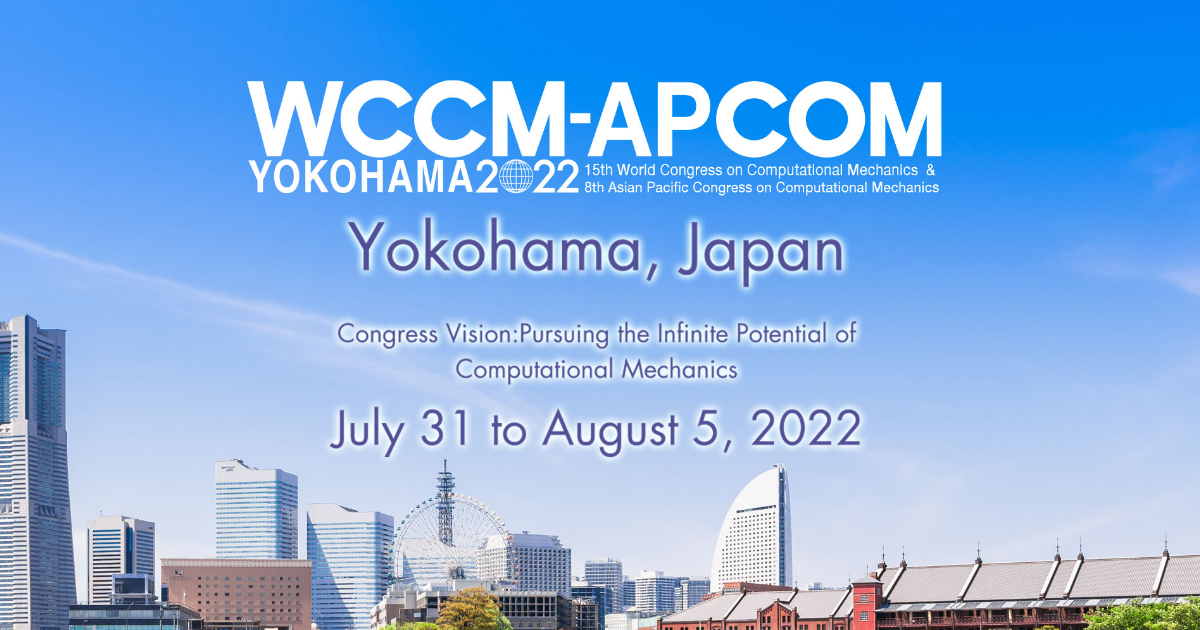Fractal and Fractional Analysis and Non-conventional Methods for Solid and Fluid Mechanics
A special issue of Fractal and Fractional (ISSN 2504-3110). This special issue belongs to the section "Engineering".
Deadline for manuscript submissions: closed (5 February 2023) | Viewed by 4320

Special Issue Editors
Interests: fractional mechanics; constitutive modelling; extreme dynamics; theoretical mechanics; continuum mechanics
Interests: fractional mechanics; fractional calculus; numerical analysis
Interests: complex systems; granular flows/mechanics; energy efficiency; anomalous diffusion; DEM; fractional calculus; power industry; air pollution
Special Issues, Collections and Topics in MDPI journals
Interests: nonlocal elasticity; fractional viscoelasticity; wave propagation in elastic media; dynamics of offshore wind turbines; vibration mitigation; stochastic dynamics of nonlinear systems; complex modal analysis; wavelets analysis
Special Issue Information
Dear Colleagues,
The 15th World Congress on Computational Mechanics and 8th Asian Pacific Congress on Computational Mechanics (WCCM-APCOM 2022) are to be held in Yokohama, Japan, 31 July to 5 August 2022. This Special Issue is in collaboration with Session 1201 NON-CONVENTIONAL METHODS FOR SOLID AND FLUID MECHANICS (NMSFM). The minisymposium focuses on non-conventional techniques for solid and fluid mechanics, including experimental, theoretical, and computational aspects. Attention is focused on heterogeneous/multiscale/multiphase/multifunctional materials and fluids and their behaviours, especially in the framework of coupled field problems.
Topics:
- Non-conventional theoretical techniques for description of heterogeneous/multiscale/multiphase/multifunctional materials and fluids:
- fractional continuum mechanics;
- tolerance and non-asymptotic modelling;
- peridynamics;
- fractal media;
- nonlocal continuum;
- relativistic continuum mechanics, etc.;
- non-conventional techniques for solving coupled field problems for heterogeneous/multiscale/multiphase/multifunctional materials and fluids (computational aspects including implementation and hardware/software point of views);
- new set-ups for experimental testing of heterogeneous/multiscale/multiphase/multifunctional materials and fluids (miniaturised equipment, digital imaging, etc.).
Interesting contributions from WCCM-APCOM 2022 and other researchers who work in this field are both welcome!
Prof. Dr. Wojciech Sumelka
Dr. Tomasz Blaszczyk
Prof. Dr. Jacek Leszczynski
Prof. Dr. Giuseppe Failla
Guest Editors
Manuscript Submission Information
Manuscripts should be submitted online at www.mdpi.com by registering and logging in to this website. Once you are registered, click here to go to the submission form. Manuscripts can be submitted until the deadline. All submissions that pass pre-check are peer-reviewed. Accepted papers will be published continuously in the journal (as soon as accepted) and will be listed together on the special issue website. Research articles, review articles as well as short communications are invited. For planned papers, a title and short abstract (about 100 words) can be sent to the Editorial Office for announcement on this website.
Submitted manuscripts should not have been published previously, nor be under consideration for publication elsewhere (except conference proceedings papers). All manuscripts are thoroughly refereed through a single-blind peer-review process. A guide for authors and other relevant information for submission of manuscripts is available on the Instructions for Authors page. Fractal and Fractional is an international peer-reviewed open access monthly journal published by MDPI.
Please visit the Instructions for Authors page before submitting a manuscript. The Article Processing Charge (APC) for publication in this open access journal is 2700 CHF (Swiss Francs). Submitted papers should be well formatted and use good English. Authors may use MDPI's English editing service prior to publication or during author revisions.
Keywords
- fractal analysis
- fractal media
- heterogeneous materials
- multiscale materials
- multiphase materials
- multifunctional materials
- non-conventional methods
- fractional continuum mechanics








